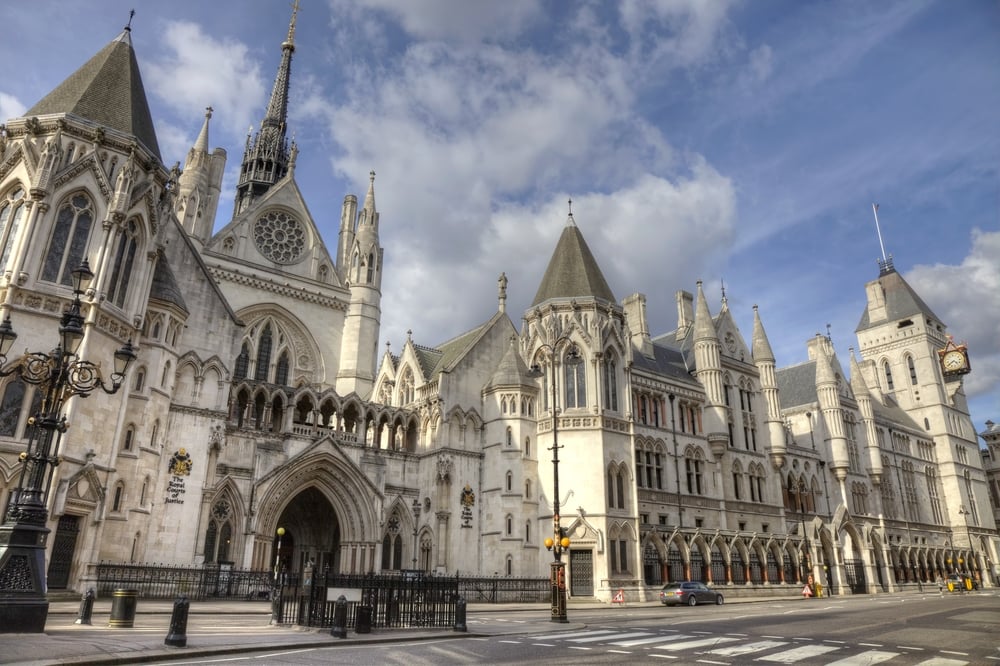Days
Hours
Minutes
Seconds
May 1 2026 - Renters' Right Act Commencement Day
You have 0 days to:
Serve any final Section 21 notices
Stop accepting above-asking rent offers
Prepare for the rental bidding ban
Remove “No DSS” from adverts
Remove “No Children” from listings
Show one clear rent price
Stop using fixed-term agreements
Switch to periodic tenancy templates
Check which tenancies go periodic
Stop taking rent before signing
Take no more than one month’s rent
Move all evictions to Section 8
Train staff on new notice rules
Create Section 13 process flow
Add two months to rent reviews
File court claims for Section 21s
Update landlord move-in grounds
Update landlord selling grounds
Send the RRA Information Sheet
Create written terms where missing
Update How to Rent processes
Review tenant screening questions
Update pet request processes
Stop backdating rent increases
Discuss rent protection backbooks
Act now before it is too late...
Your guide to the rental reforms proposed in the Levelling Up White Paper
The Decent Homes Standard, consulting on a national landlord register, strengthening redress for tenants, and abolishing Section 21 have all been addressed in the Levelling Up White Paper.
The Goodlord team
Feb 2, 2022
The government has announced that a package of reforms for the private rented sector in England will be included in a white paper to be published in the spring, aiming to halve the number of "non-decent" rental homes' and create a "secure path" to home ownership by 2030. The proposals are set out in Michael Gove's Levelling Up White Paper, which highlights that "having a decent home is fundamental to our well-being and housing quality must be addressed in order to create thriving neighbourhoods and communities".
Improving housing quality
The announcement sets out that:
- Section 21 will be abolished to "reset the relationship between landlords and tenants"
- The government aims to "explore proposals for new minimum standards for rented homes", including launching a consultation on a mandatory national landlord register, to help "stop repeat offenders leaving renters in terrible conditions" and "take tough action against rogue landlords"
- All private rented homes will also need to meet a legally binding minimum standard for the first time. The Decent Homes Standard - which currently only applies to social housing - will be reviewed to make it "fit for the present day"
- All tenants will be given a "strong right to redress"
- Poor energy efficiency will be addressed, aiming to target funding "at the worst performing homes and those least able to pay", factoring into their decarbonisation strategy and funding
- The government also aims to digitise access to the material information that buyers or tenants need to know when choosing a property – such as tenure type, the length of the lease or any service charges - and will legislate on this point "if necessary"
To make these reforms a reality, the government will consult on the impact of the private rented market, particularly for those on the lowest incomes.
Supporting home ownership
Access to homeownership has resulted in the private rented sector doubling in the past two decades. The White Paper outlines that: "Many of those renting would prefer to own their house particularly when starting a family, as families who rent can be evicted at short notice, pay more for the same housing than homeowners and social renters, and have lower levels of satisfaction with their housing."
The government therefore aims to help turn "Generation Rent into Generation Buy". It will "encourage empty homes back into use". It'll make that a reality by applying "a premium of up to 100% to homes left empty for a year, rather than two years."
The government will also throw their support behind first time buyers, with the First Homes Scheme, providing them with a 30% discount to help local young people and key workers purchase a home. It recognises the affordability issues for first time buyers, and has pledged to look into the reasons behind local people being priced out of the market and look to the options available to rectify the situation.
Creating affordable social housing
The Levelling Up White Paper additionally outlines support for creating more affordable social housing, with a new Social Housing Regulation Bill, and a review of how to support councils to deliver greater numbers of council homes. A £1.5 billion Levelling Up Home Building Fund which will also support SMEs with loans in areas where levelling up is a priority.
The full 12 missions outlined in the white paper will become law through the "Levelling Up and Regeneration Bill".
Want the latest lettings new delivered straight to your inbox every week? Sign up to our mailing list and stay up to date.



.jpg)

